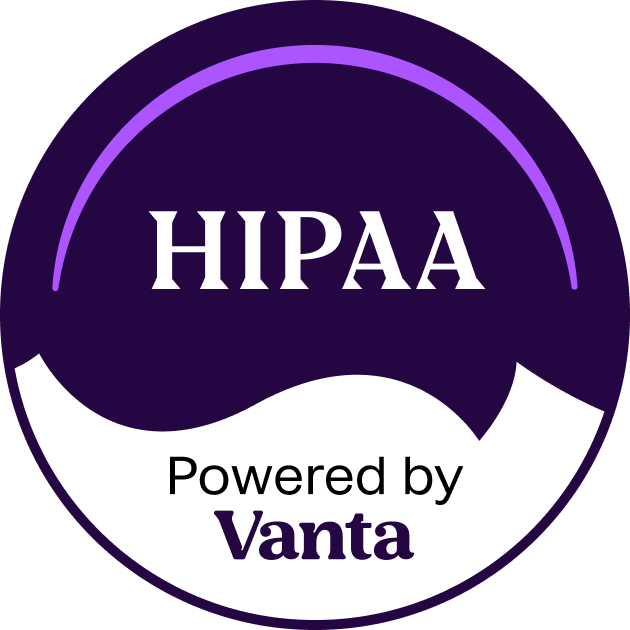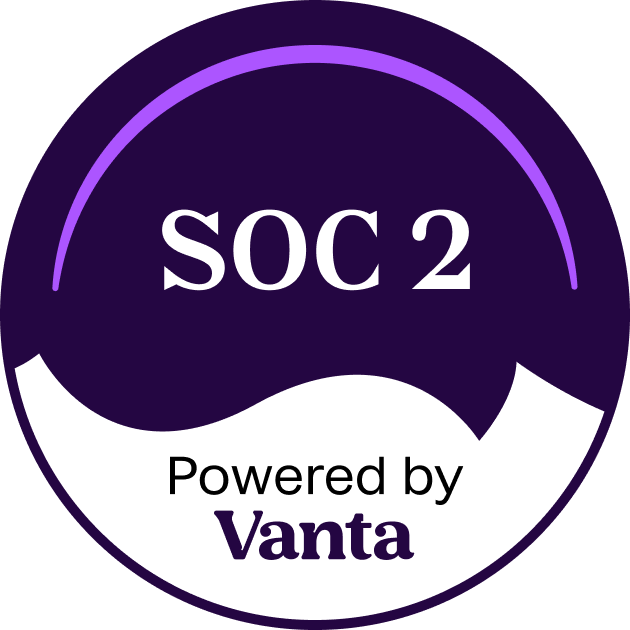Why Accountability is so important for relapse prevention
Why Accountability is so important for relapse prevention
“Addiction is a chronic disease of the mind” is something I was told repeatedly when I was in treatment. However, it took a while for me to really understand what that meant. Was I not making the choice to use every time I popped a pill? On the face it seemed and felt that way. In a large part that is why addiction brings the baggage of shame and stigma. It seemed like I was consciously choosing to be an addict, and I couldn’t muster an argument that would refute that. I thought I was in control of being out of control.
However, upon further reflection, it became obvious. Who in their “right mind” would keep doing what I was doing with all the attendant consequences? Why did a prescription for pain killers from a doctor turn into a $300 a day habit for me, but when my wife had oral surgery, she didn’t even finish her prescription? The truth is that using stopped being a choice, whether I realized it or not, long before I overdosed.
Like all other chronic diseases (diabetes, heart disease, etc), disease management for addiction requires at the very least long-term lifestyle changes, and possibly medication. However, most treatment programs for addiction last between 30-90 days with little proactive follow up for disease management. In addition, the post treatment referral based follow up programs that do exist are prohibitively expensive for most.
We believe everyone should have all the tools at their disposal to help reduce the chances of relapse and enter remission from the disease of addiction. Below are 3 reasons why an accountability program is important and why we launched You Are Accountable as an affordable “Accountability as a Service” platform that puts the recovering person in the drivers seat.
1) Making lifestyle changes is hard
How many people do you know that are constantly trying new diets? Research shows that continuing care provides better outcomes for all types of disease management, including addiction.
2) The disease of addiction impacts the entire family
The anxiety of being concerned about a loved one’s recovery can be crushing and can make keeping healthy boundaries impossible. Random toxicology screening, and treatment plan follow up by a third party gives the loved ones of the recovering person piece of mind that their loved one is doing well, and that if they slipped it will be caught quickly.
3) Relapse can be extremely dangerous if unchecked
In my case, my relapse resulted in a near fatal overdose. Many others haven’t been as lucky as I have been. Catching relapses sooner very literally saves lives.
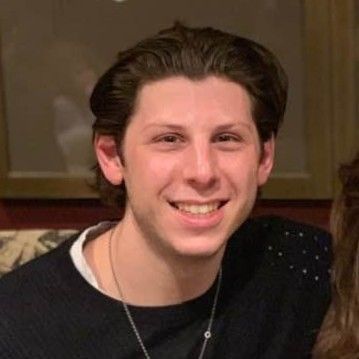
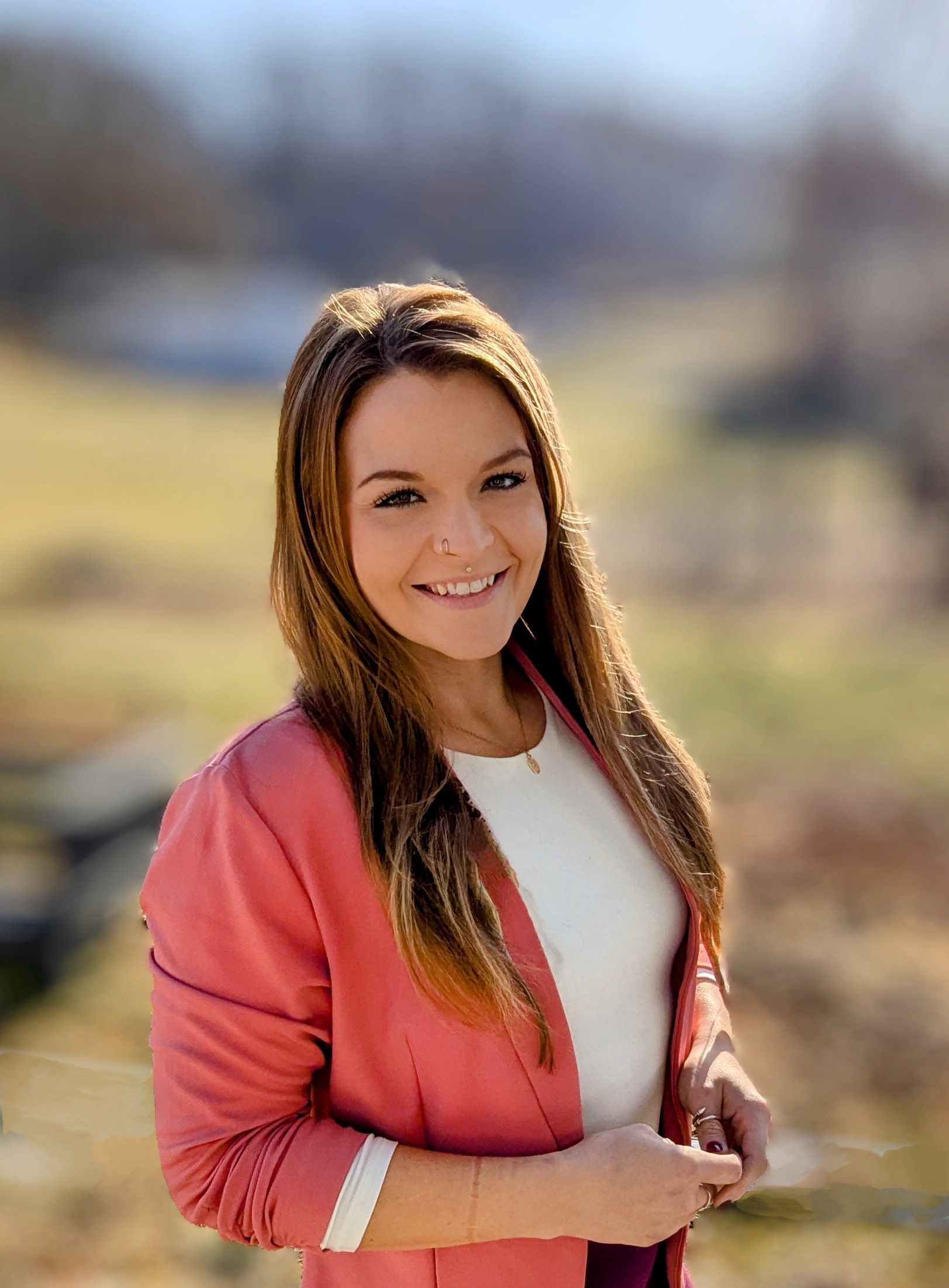
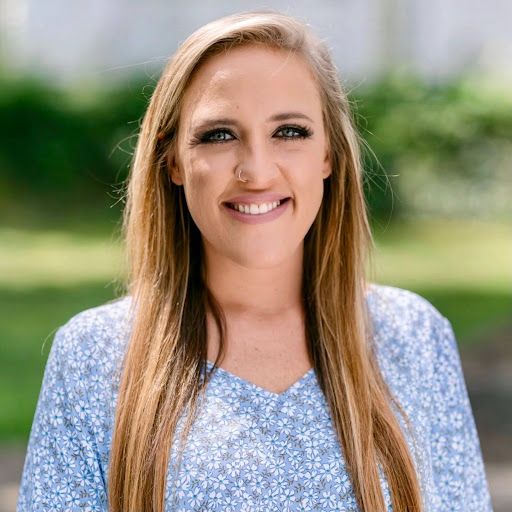
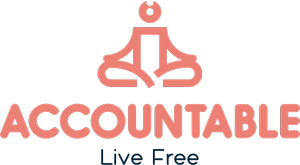
hello@youareaccountable.com
(646) 450-7641
